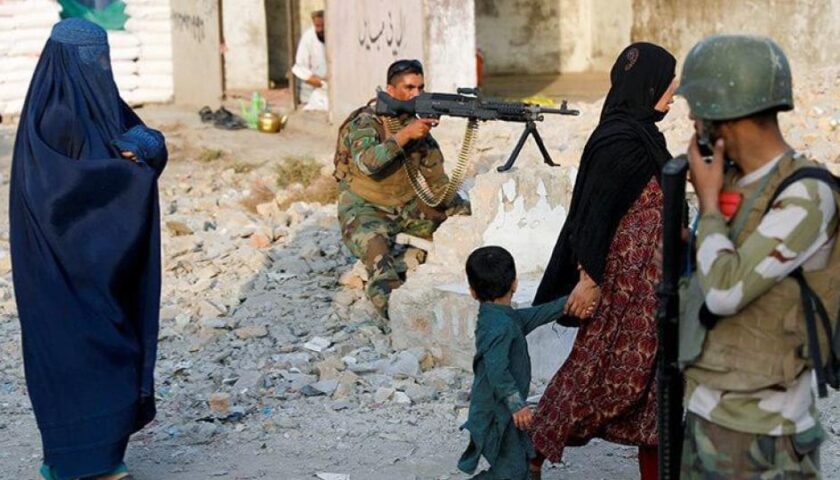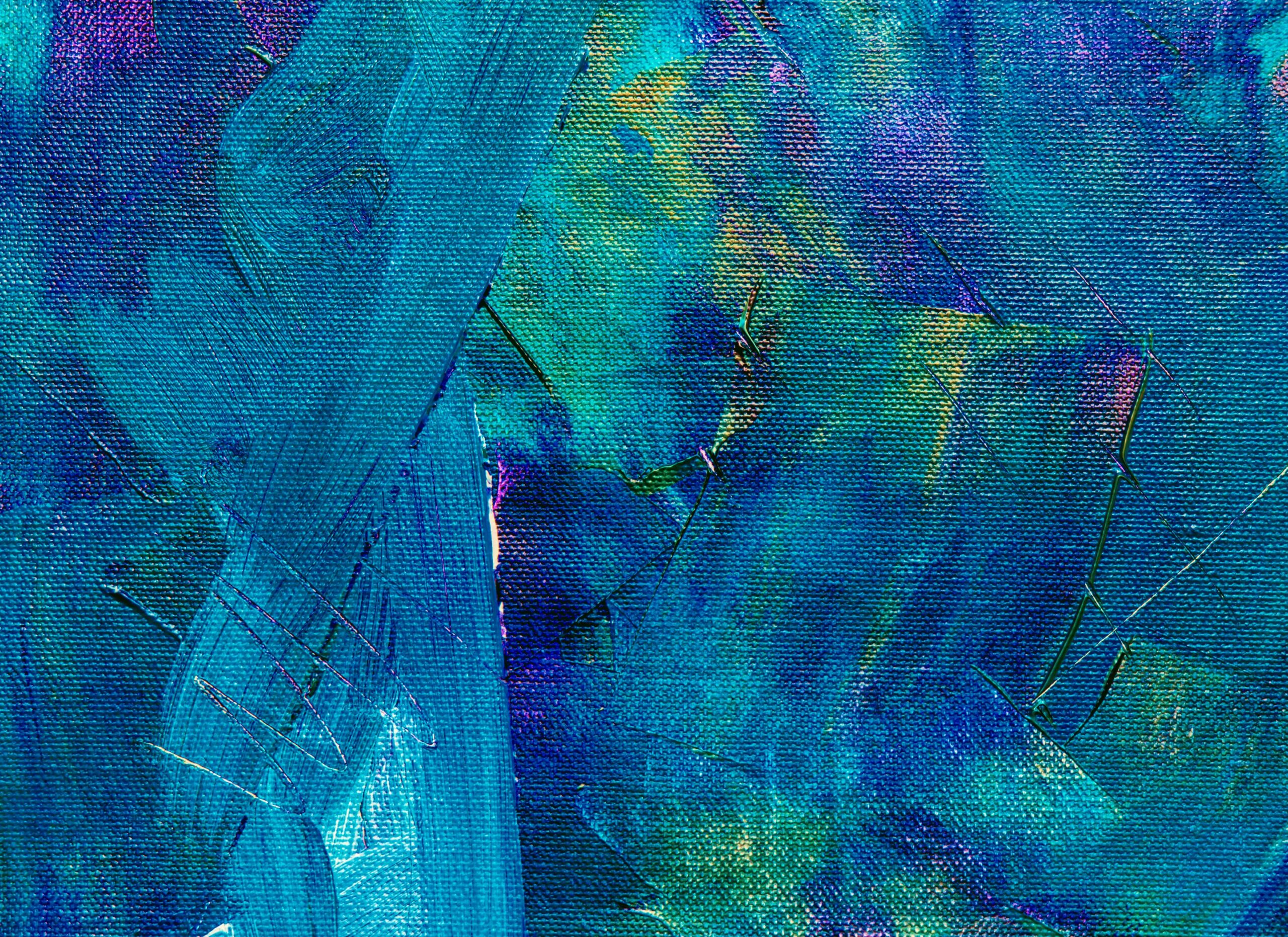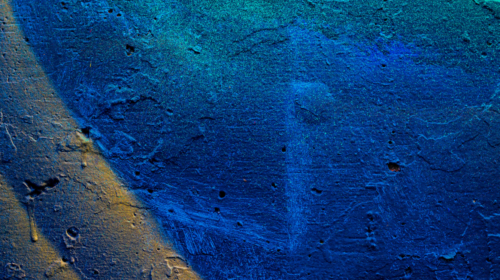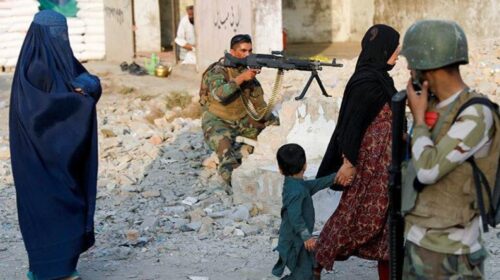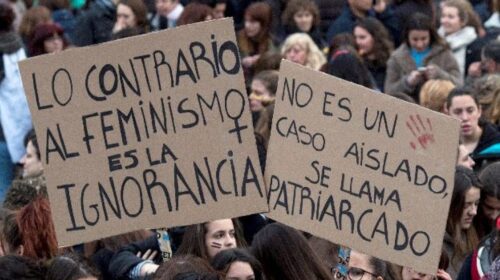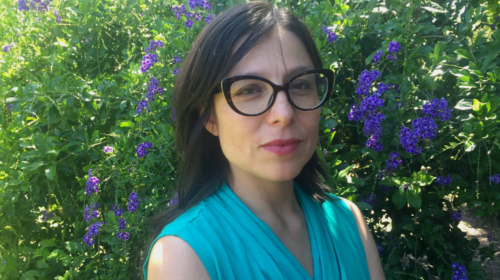
To talk about the Afghanistan crisis and try to understand what is happening today in the Middle East is quite complex but with the perspective of Rodrigo Karmy, the Universidad de Chile PhD in Philosophy, professor at the Centre for Arab Studies at the same university and researcher at the IIPSS. It is easier, not only because of his background, but also because of his invitation to question everything and to look beyond the East-West axis. But how would that look like?
Crisis, critique, and power are three concepts that appears in any analysis of the current – and historical – context of the Arab world. We could also think of them as the conceptual triad of many political processes currently happening in different parts of the world. However, it is how we apply them that is relevant for Rodrigo Karmy, who argues that “there would be no possibility of approaching the pluriform of what is known as the ‘Arab world’ without critiquing our own concepts“. In this sense, it would not only be a matter of analyzing the current context considering the triad around what we call conflict, but also to see in our analysis how this same relationship operates.
“Orientalism”, a term coined by Edward Said, is the first thing we are confronted with when we address the Arab question, that is, a discursive construction that was strongly articulated between the 18th and 19th centuries, producing Arabs and Muslims (although they are not the same) as objects of representation. And so, the decisive question is to unsettle the terms that are habitually used, whether in historiography, political science, philosophy or sociology, to place them and put them in tension” the academic said.
In that sense, a critical understanding of Orientalism as the very structure of imperial reason, as its politico-religious configuration, would be relevant to defuse the power “characteristic of Western imperial reason that plays at being ‘Christian’, ‘pure’ and unbloodied, as opposed to the Jewish and Muslim world that is supposedly still contaminated with the ethics of revenge and blood“, explains Karmy.
He adds that, ‘to want to explain everything that happens in the Arab world in religious terms is to deepen Orientalism; but to do so from a political reading that exposes the place of imperialism and the subjectivizing effects it has had is a fundamental issue. For me, anyone who explains or pretends to understand the Arab world from a culturalist matrix is ‘lying‘ – as Schmitt would say.
The imperial machine
Although Afghanistan is a Muslim country and what is happening there nowadays has little to do with the Arab spring, precisely because it is not Arab, the author of Intifada mentions that there is an important link: “the US invasion and the permanent colonial history. Afghanistan should be read in conjunction with the US invasion of Iraq in 2003. They are part of the same Bush Jr. campaign that ends up hypertrophying US imperialist logic”.
Logical thinking consists of separating East and West and assigning certain roles to both in the configuration of the crisis in the Arab world and Afghanistan. However, and in the line of deactivating powers, the researcher from the Centre for Arab Studies at the University of Chile argues that “there is neither East nor West, but rather both are masks of the same imperial machine that never stops working. East and West are produced by this machine, separating peoples from their powers, splitting life from its images“.
However, crisis, critique and power are not the only concepts that appear in attempts to analyses the conflict in Afghanistan; the triad of State – People – Revolution also comes into play. Above all, because in Rodrigo Karmy’s eyes, “this triad – and this is what the Islamic State has been teaching for some years now – is no longer located on the left, but in reactionary identarian movements such as the Taliban. They bring this triad into play. And that triad allowed them to become a kind of national army that fought against the US occupation for the last 20 years”.
Adding that, “the Taliban are not a way of life, but an assemblage produced in the cold war that ended up autonomizing itself thanks to identarian deepening. (…) These are nothing more than necropolitical articulations like all forms of government today. The Taliban are a form of government; the revolts on the other hand express forms of life that are crushed by these forms of government“.
Finally, we do not know what will happen in Afghanistan, nor do we know what the Taliban will do, but we could keep in mind what the IIPSS researcher proposes, “the Taliban today are trying to inaugurate a new political cycle: to initiate a process that leaves behind the US occupation in order to establish themselves as the pure and free of corruption“. It would be important to rethink where we stand in order to understand the current scenario, but also to unmask the prevailing discursive and imaginary productions.

